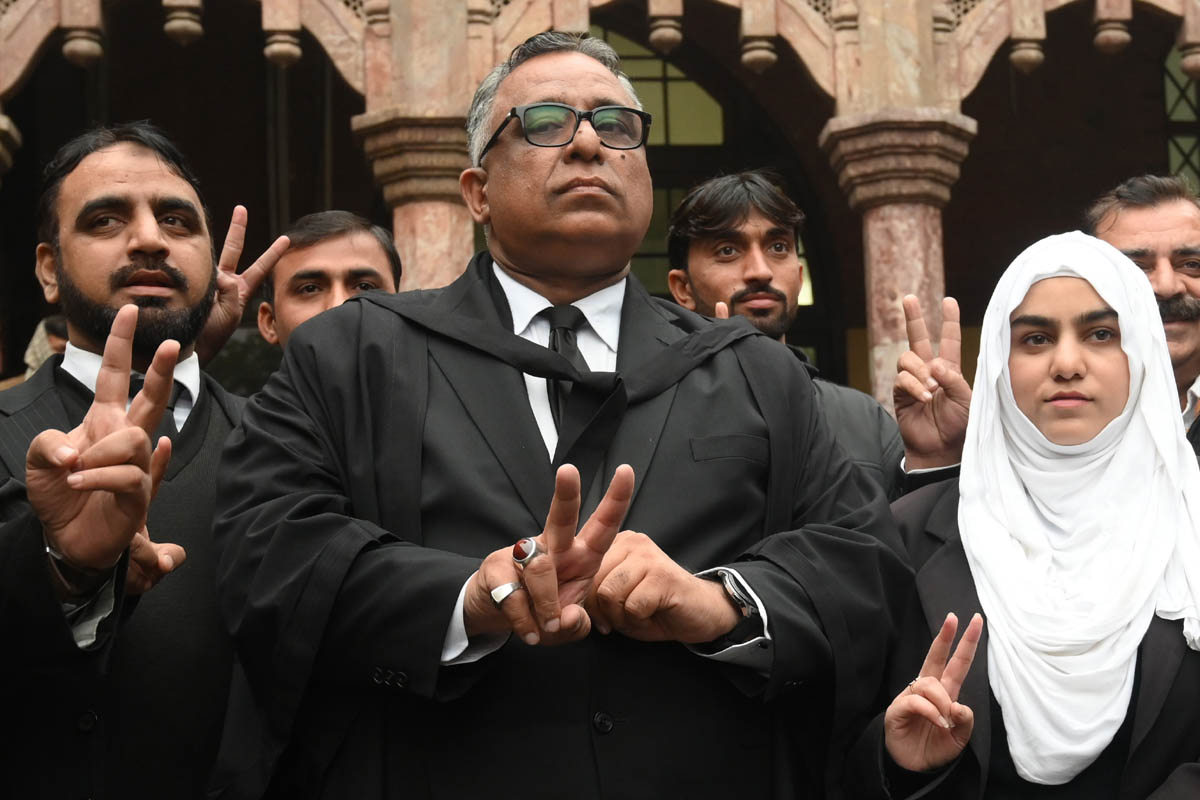It has been a morale booster for the omnipotent Pakistan army at a critical juncture. Not the least because it had in recent weeks been overshadowed by the judiciary over the extension granted to the Chief. Monday’s judgment of Lahore High Court is the cardinal reprieve for Pervez Musharraf, the former military ruler, who had been sentenced to death by a special court for “high treason”.
The High Court has annulled the death penalty that was handed down to him on 17 December by the trial court. It has declared as unconstitutional all actions taken by the previous government against Musharraf, including the filing of the complaint relating to treason. On closer reflection, the High Court order is a virtual indictment of the proceedings of the special court. Indeed, the three-judge full bench has set aside Section 9 of “Criminal Law Amendment (Special Court) Act, 1976” for being violative of fundamental rights and ruled against retrospective effect given to an amendment in Article 6 of the Constitution, which deals with high treason.
Advertisement
Specifically, to try Musharraf for “an offence that was not an offence on the date of its occurrence”. The trial court’s verdict, therefore, was fundamentally weak. Prima facie, the death sentence has been set aside on technical grounds; the judgment does not delve into the core issue of Musharraf’s coup against Nawaz Sharif and assumption of power. Remarkably modest has been the immediate response of Musharraf, now in Dubai ~ “I can’t comment on it, but the decision is very good.” So too perhaps must be the response of the Rawalpindi GHQ, which was on the backfoot after the judiciary had truncated General Bajwa’s extension from three years to six months, albeit now restored.
The Bench announced a brief order, allowing a writ petition by the former military ruler challenging multiple actions against him right from the initiation of the high treason complaint and its outcome. The High Court has declared the trial by a special court as unconstitutional. The original verdict, however, generated a controversy since the trial court’s president, Justice Waqar Ahmed Seth (Chief Justice of Peshawar High Court) had pronounced a direly controversial minority view.
He ruled: “We direct the law enforcement agencies to strive their level best to apprehend the fugitive/convict and to ensure that the punishment is inflicted as per law and if found dead, his corpse be dragged to the D-Chowk, Islamabad, and be hanged for three days.” This was outrageous, even at the mildest estimation. In his petition, Musharraf was explicit on the point that the president of the special court had “crossed all religious, moral, civil and constitutional limits, while ruthlessly, irreligiously, unlawfully, unrealistically awarding a sentence against the dignity of a person”. The divergent view is inconceivable in a civilized society, let alone Naya Pakistan.











